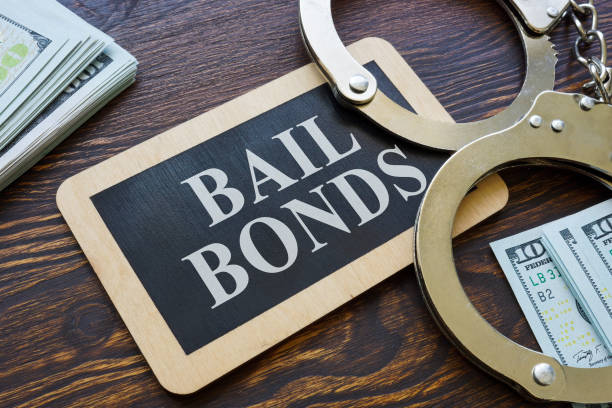When most of the people think about bonds, it's 007 you think of and which actor they have preferred in the past. Bonds aren’t just secret agents though, they may be a form of investment too.

Exactly what are bonds?
Simply, a bond is loan. When you buy a bond you are lending money to the government or company that issued it. In substitution for the money, they are going to give you regular interest payments, together with original amount back at the conclusion of the definition of.
As with every loan, almost always there is the chance how the company or government won't pay you back your original investment, or that they'll neglect to maintain their rates of interest.
Committing to bonds
Though it may be practical for you to definitely buy bonds yourself, it isn't the simplest thing to do and yes it tends demand a great deal of research into reports and accounts and stay fairly dear.
Investors might discover that it's far more simple purchase a fund that invests in bonds. It's two main advantages. Firstly, your hard earned money is along with investments from other people, meaning it could be spread across a selection of bonds in a fashion that you could not achieve if you've been buying your own personal. Secondly, professionals are researching the complete bond market on your behalf.
However, because of the mix of underlying investments, bond funds do not invariably promise a hard and fast account balance, therefore the yield you will get can vary greatly.
Understanding the lingo
Regardless if you are picking a fund or buying bonds directly, you'll find three keywords which are useful to know: principal; coupon and maturity.
The key will be the amount you lend the business or government issuing the bond.
The coupon may be the regular interest payment you get for choosing the text. It is often a hard and fast amount which is set when the bond is disseminated and is also referred to as the 'income' or 'yield'.
The maturity could be the date if the loan expires along with the principal is repaid.
The different types of bond explained
There are 2 main issuers of bonds: governments and corporations.
Bond issuers are normally graded as outlined by remarkable ability to settle their debt, This is whats called their credit history.
A business or government using a high credit score is recognized as 'investment grade'. Which means you are less likely to throw money away on the bonds, but you'll likely get less interest as well.
With the other end with the spectrum, a business or government using a low credit standing is known as 'high yield'. Because issuer features a higher risk of failing to repay their finance, the interest paid is normally higher too, to inspire people to buy their bonds.
Just how do bonds work?
Bonds could be obsessed about and traded - just like a company's shares. This means that their price can move up and down, determined by numerous factors.
The 4 main influences on bond price is: rates of interest; inflation; issuer outlook, and still provide and demand.
Rates of interest
Normally, when rates of interest fall so do bond yields, however the cost of a bond increases. Likewise, as interest levels rise, yields improve but bond prices fall. This is whats called 'interest rate risk'.
In order to sell your bond and obtain a refund before it reaches maturity, you might have to accomplish that when yields are higher expenses are lower, and that means you would go back below you originally invested. Rate of interest risk decreases as you grow closer to the maturity date of your bond.
As one example of this, imagine there is a choice from a piggy bank that pays 0.5% along with a bond that offers interest of 1.25%. You could decide the link is much more attractive.
Inflation
Since the income paid by bonds is usually fixed at the time they may be issued, high or rising inflation can generate problems, because it erodes the actual return you will get.
As one example, a bond paying interest of 5% may appear good in isolation, in case inflation is running at 4.5%, the actual return (or return after adjusting for inflation), is just 0.5%. However, if inflation is falling, the text could possibly be a lot more appealing.
You will find such things as index-linked bonds, however, which can be used to mitigate the potential risk of inflation. The price of the money of the bonds, as well as the regular income payments you receive, are adjusted in keeping with inflation. Because of this if inflation rises, your coupon payments along with the amount you'll get back increase too, and the opposite way round.
Issuer outlook
Like a company's or government's fortunes may either worsen or improve, the price tag on a bond may rise or fall because of their prospects. For example, if they're dealing with trouble, their credit score may fall. The risk of an organization not being able to pay a yield or being can not pay back the administrative centre is known as 'credit risk' or 'default risk'.
If the government or company does default, bond investors are higher up the ranking than equity investors in terms of getting money returned to them by administrators. This is why bonds are often deemed less risky than equities.
Supply and demand
If the lots of companies or governments suddenly must borrow, you will have many bonds for investors to choose from, so cost is planning to fall. Equally, if more investors need it than you'll find bonds offered, prices are likely to rise.
For additional information about bonds near me go to see our resource
